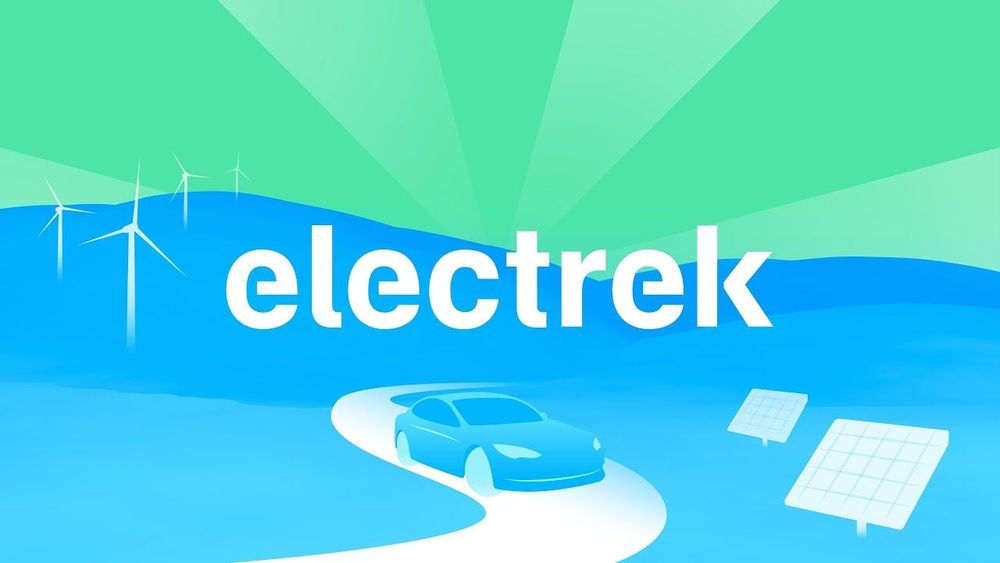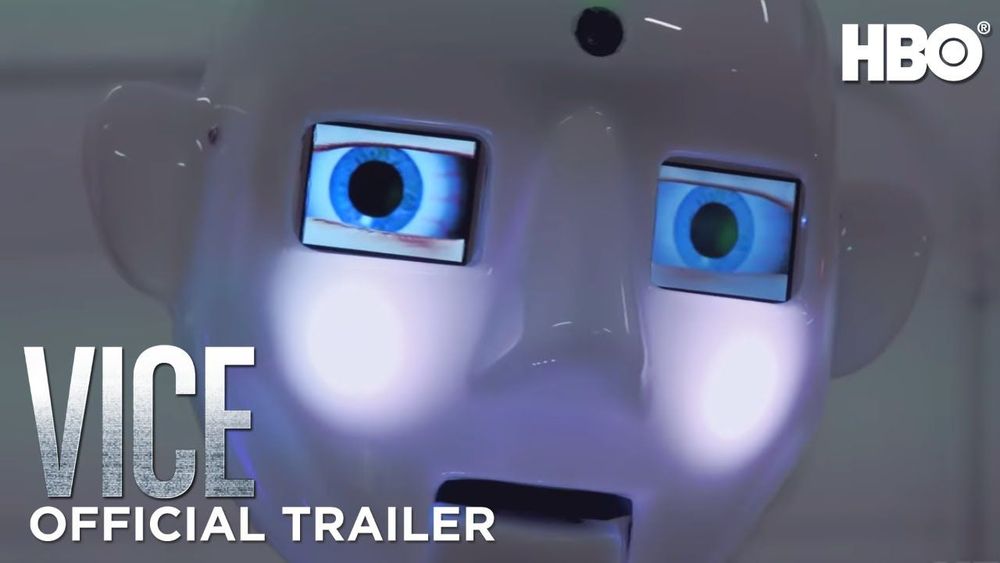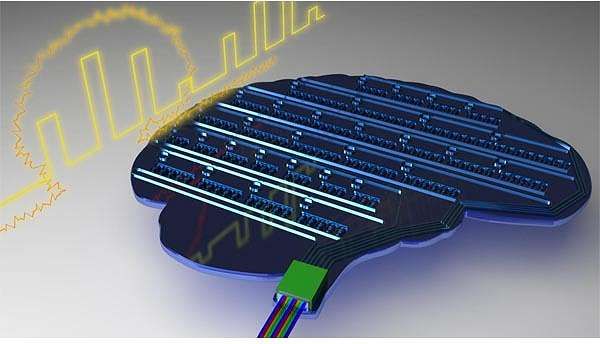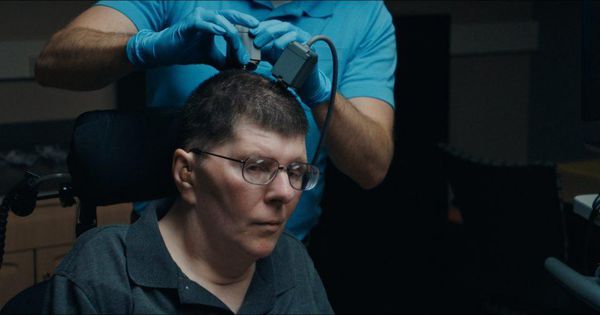A new Li-ion battery technology developed by the US Army has piqued the interest of Jeff Dahn, Tesla’s main battery research partner.
In the latest issue of the journal Nature, the CCDC Army Research Laboratory (ARL), which is an element of the U.S. Army, released a study demonstrating a new battery technology based on a new cathode chemistry.
They claim that the chemistry is “completely free of transition metal and delivering unprecedented high capacity by reversibly storing Li-ion at high potential (~4.2 V).”









